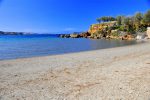Blessing the waters: the meaning of Epiphany
January 6 is a special date for the Greek Orthodox faith. The 12th day of Christmas marks Epiphany – the celebration of Christ’s baptism and His manifestation to the world as the Son of God. Known in Greece as Theophania, the highlight of this feast day (second only to Easter in its importance for Greeks) is a ceremony called Agiasmos – the Blessing of the Waters.
Conducted by a priest beside open water – usually the sea, a river or a lake, it’s a ritual observed across the country and by Greek communities around the world.
In Rethymno, the ceremony takes place at the Venetian Port, where hundreds of spectators line the harbour’s edge to share in the celebrations. With clouds of holy incense wafting across the harbour, the waterside service begins with the priest reading from the Old Testament’s Book of Psalms, while beside young men stand ready for a bracing mid-winter swim.
After the final prayer, the priest raises his arm and throws a wooden crucifix out across the water. As he does, the swimmers dive headfirst, and thrash frantically to where the cross has landed. With lungs bursting and hearts pumping, they converge, desperate to feel it in their grasp. Stretching out to grab the holy prize, the winner clutches the cross before kissing it, and holding it high above their head.
As Greece continue to manage the COVID-19 pandemic, we recommend that anyone wishing to visit any traditional cultural/religious event checks lockdown restrictions that may be in force by the Greek government.
Did you know?
- The day before Theophania, children go house to house singing kalanta (carols) and are given coins or sweets in return. In churches, on the eve of the feast day, the Mikros Agiasmos (the Lesser Blessing of the Waters) is celebrated, where a bowl of water is sanctified and distributed to the congregation.
- Priests often visit homes nearby to bless them using the holy water created on Mikros Agiasmos, and sprigs of fresh rosemary. According to legend, the baby Jesus was sheltered under a rosemary bush by the Virgin Mary.
- The word ‘Theophania’ is derived from the Ancient Greek ‘Theophanes’ – Theos meaning ‘the divine, deity or God’, and Phaíno meaning ‘to appear’ or ‘to reveal’. The feast day is also referred to as ta fota (the lights), a reference to the day the world was illuminated by God’s presence.
- Retrieving the cross is traditionally a ritual strictly for men, but in 2018 in the village of Platanias, west of Chania, Maria Varouxaki became the first woman in Crete to take part and beat her all-male competitors.





